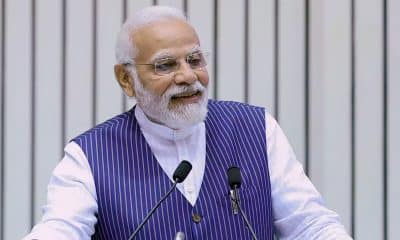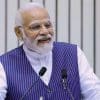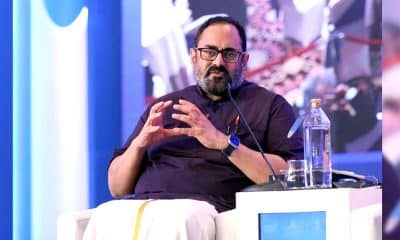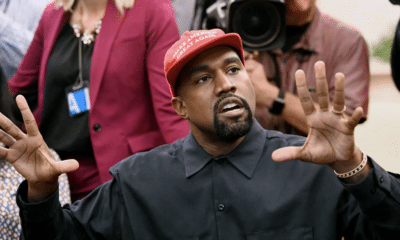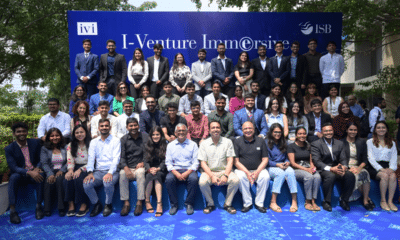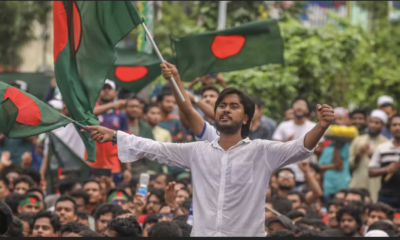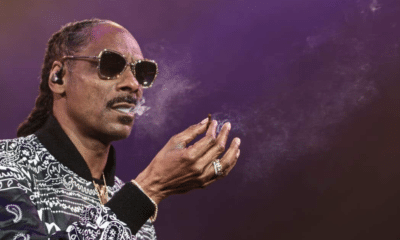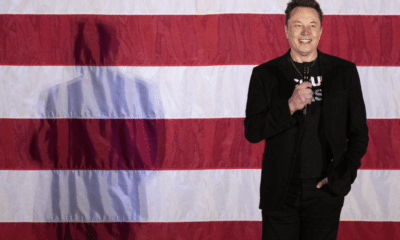News
Government Hits Pause on Controversial Broadcasting Bill: A Strategic Retreat or Listening to the Voices?
In a significant turn of events, the Indian government has decided to withdraw the draft of the Broadcasting Services (Regulation) Bill, 2024, a move that has sparked widespread discussion among media professionals and content creators. The Ministry of Information and Broadcasting announced on Monday that it would take a step back, reevaluating the bill and promising to present a new draft after extensive consultations with relevant stakeholders.
The decision to retract the bill is particularly noteworthy given the concerns it had stirred within the digital content creation community. The draft legislation proposed to bring online content creators under the same regulatory framework as OTT platforms and digital news broadcasters. This move was seen by many as an overreach, potentially stifling the creative freedom and operational flexibility that online platforms currently enjoy.
The Ministry, in a post on X (formerly Twitter), clarified its intent to consider the myriad recommendations and feedback it received following the draft’s release last November. “The draft Bill was placed in the public domain on 10.11.2023, along with explanatory notes for comments from stakeholders and the general public,” the Ministry noted. “In response, multiple recommendations, comments, and suggestions were received, including from various associations.”
While the government framed this withdrawal as a response to the extensive feedback and the need for more thorough consultations, it also opens the door to several interpretations. Was this a strategic retreat to avoid alienating a growing digital content creator community? Or was it a genuine attempt to ensure that the regulatory framework reflects the nuances of an increasingly complex digital ecosystem?
One of the most controversial aspects of the draft bill was its proposal to group individual content creators with larger OTT and digital news platforms, effectively subjecting them to the same stringent content and advertisement codes. Had the bill passed in its initial form, it would have mandated content creators with a certain subscriber base to appoint a grievance redressal officer and establish a content evaluation committee. Critics argued that these requirements were overly burdensome for individual creators and could lead to a chilling effect on free expression.
This sentiment was echoed by prominent media bodies such as the DigiPub News India Foundation and the Editors Guild of India. Both organizations voiced their discontent over what they perceived as selective consultation processes. Representatives from these bodies noted that while the Ministry held closed-door meetings with certain stakeholders, broader discussions involving digital media organizations and civil society groups were conspicuously absent. They even alleged that requests for copies of the draft bill had gone unanswered, adding to the sense of exclusion.
The government’s decision to solicit further comments and suggestions until October 15 indicates a willingness to reengage with critics and potentially reshape the legislation in a more balanced manner. However, it also raises questions about the process itself. How will these consultations differ from the previous round? Will all voices, particularly those from smaller or independent content creators, be heard this time?
The withdrawal of the bill could be seen as a win for those advocating for a more inclusive and transparent policy-making process. However, it also underscores the delicate balancing act the government must perform in regulating a rapidly evolving digital landscape. On the one hand, there is a legitimate need to establish a regulatory framework that ensures accountability and fairness across the board. On the other hand, overly stringent regulations could stifle innovation and creativity, particularly among independent content creators who have leveraged digital platforms to reach new audiences.
As the Ministry of Information and Broadcasting moves forward with drafting a new version of the bill, the challenge will be to craft legislation that protects public interest without curbing the dynamism that has made digital media such a vibrant space. Whether the government succeeds in striking this balance will become apparent when the next draft is released. Until then, content creators and media professionals alike will be watching closely, eager to see if their concerns are genuinely addressed or if they are simply placated in the name of consultation.







